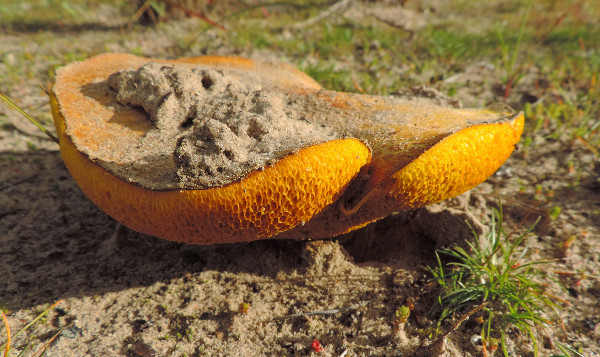Unfortunately, we are at more risk of gastrointestinal infections with CLL, particularly if we are neutropenic. Vincent Ho, Lecturer and clinical academic gastroenterologist, Western Sydney University explains what fluids are best to maintain your electrolyte balance, what foods are best eaten while you recover and the possible value of probiotics. This article isn't specific to CLL, but it's worth reading and filing away for when you next need it. It is particularly worth noting common practices the author highlights that need data to confirm their helpfulness:
theconversation.com/health-...
If you are neutropenic - either due to treatment of because of the effect of CLL (due to bone marrow and/or spleen involvement and possibly an auto-immune complication), then you are at a higher risk of gastroenteritis from bacteria in foods. Your risk of becoming ill can be reduced by avoiding foods that are likely to have a higher level of bacterial contamination as explained in this post:
healthunlocked.com/cllsuppo...
Note that you can find a number of neutropenic diet recommendations on line, but the science behind them is not clear. Thus the more recent approach by dieticians is to somewhat relax the food restrictions when you are neutropenic, so that you are still eating a wide range of foods to ensure you have a sufficiently nutritious diet.
Neil
Photo: Probably not a good idea to include this toadstool in your diet if you want to avoid gastro...
